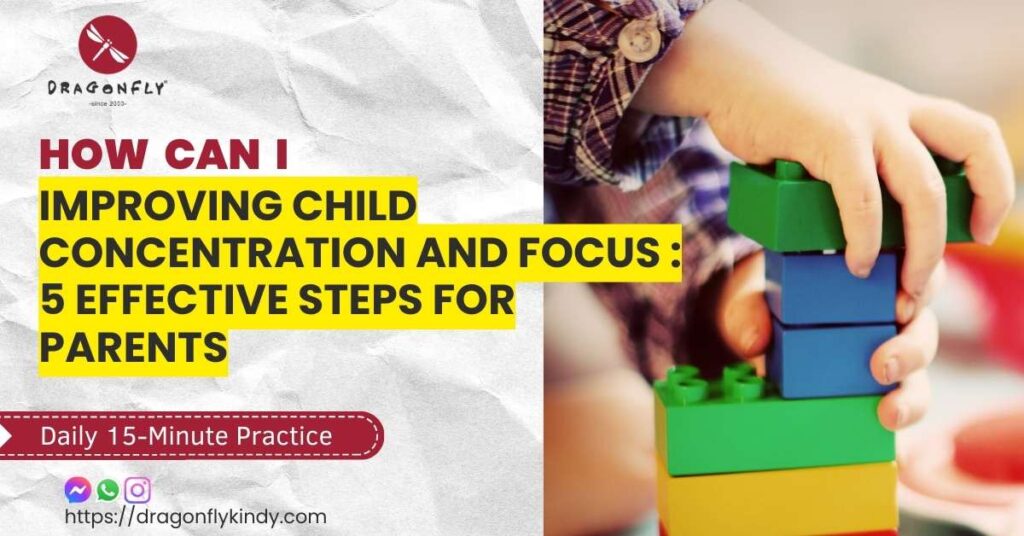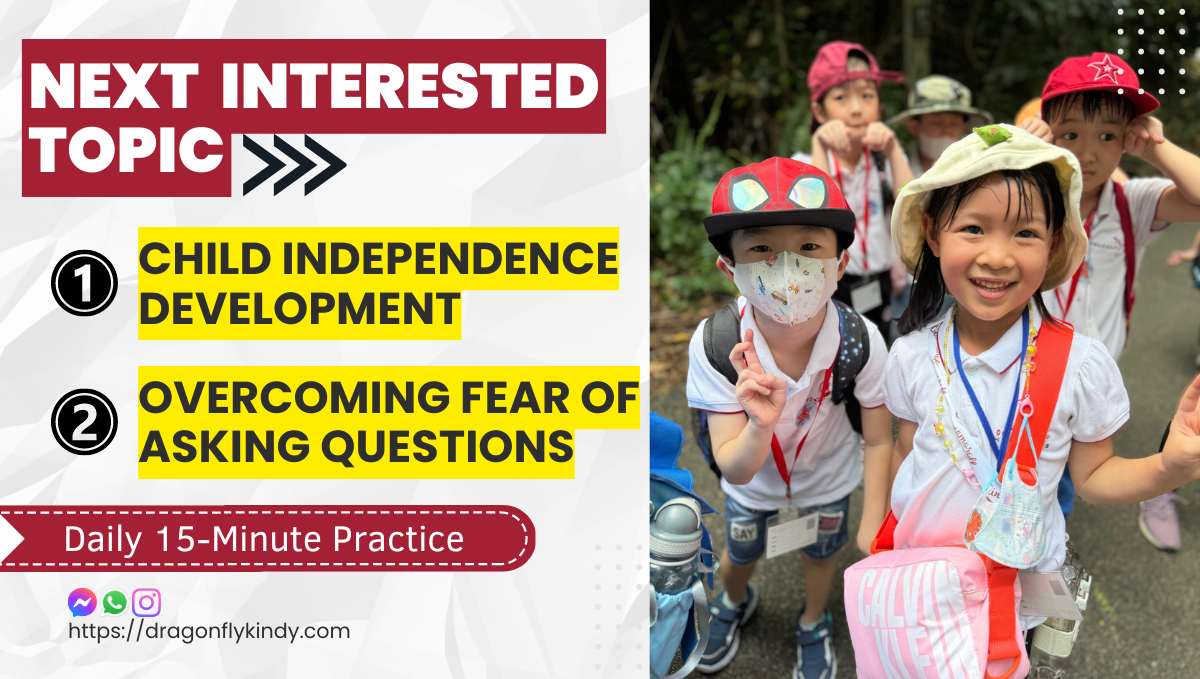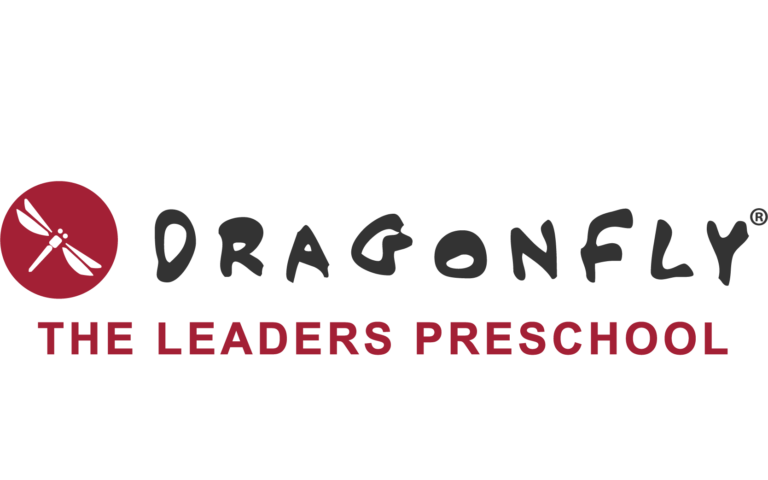- INTRODUCTION
- CASE SCENARIO
- STEP SIMPLICITY RATING
- 15-MINUTE IMPROVING CHILD CONCENTRATION STEP-BY-STEP GUIDE
- CONCLUSION
- START YOUR CHILD'S JOURNEY TOBUILD A SELF-RELIANT LEADER
- FREQUENCY ASKED QUESTIONS
- How can I help my child concentrate better on homework?
- What causes short attention span in preschoolers?
- Are there activities to improve focus in young children?
- How can I use attention-building techniques to help my child stay focused during meals?
- What are some effective toddler concentration techniques for children who struggle with sitting still?
- Are there any attention span exercises specifically designed for 2-7 year old kids?
- How often should I practice improving child concentration exercises with my child?
- NEXT INTERESTED TOPICS
- THE MOST POPULAR TOPIC
INTRODUCTION #
THE IMPORTANCE OF CHILD CONCENTRATION #
In our rapidly evolving world, the ability to focus has become a cornerstone of success. Improving child concentration is not just about academic achievement; it's a vital life skill that impacts family dynamics and overall development. Progressive institutions like Dragonfly Preschool have recognized this, incorporating concentration-building activities into their curriculum to foster children's growth and success.
THE 15-MINUTE DIALOGUE PRACTICE #
A game-changing approach to enhancing focus is now within reach for parents. The "Daily 15-Minute Dialogue Practice" method, aligning with Dragonfly's "Build Self Reliant Leader Program", offers a simple yet effective way to boost concentration. By dedicating a brief, focused time each day to targeted conversations, parents can significantly improve their child's cognitive abilities and attention span.
ADDRESSING COMMON CONCENTRATION CHALLENGES #
Many parents face familiar scenarios: a child fidgeting during homework or a preschooler struggling to complete simple tasks. These issues often stem from short attention spans but can be effectively tackled through the 15-minute dialogue practice. By consistently applying this method, parents can help their children develop the focus needed to overcome obstacles and thrive in various aspects of life.

CASE SCENARIO #
Let’s examine a typical situation where a parent struggles with their child’s lack of focus:
Parent: “Sweetie, it’s time to do your homework. Can you please sit down and start with your math problems?”
Child: (Sits down but starts looking around) “Okay, but can I play with my toys first?”
Parent: “No, honey. We need to finish your homework now. Please focus on your math sheet.”
Child: (Picks up pencil but gets distracted by a bird outside the window) “Look, mommy! A blue bird!”
Parent: (Sighs) “Yes, it’s nice. But please, we need to concentrate on your homework. Let’s try to finish at least one problem.”
Child: (Looks at the math sheet for a few seconds, then starts fidgeting) “This is boring. Can we do something else?”
This scenario illustrates the challenges parents face when trying to increase attention span in preschoolers. Traditional methods of simply asking the child to focus or offering rewards often fall short. The parent’s attempts to redirect the child’s attention are met with resistance, highlighting the need for a more effective approach to helping kids focus on tasks.
STEP SIMPLICITY RATING #
15-MINUTE IMPROVING CHILD CONCENTRATION
STEP-BY-STEP GUIDE #
The “Daily 15-Minute Dialogue Practice” method offers a structured approach to enhancing your child’s focus. This technique resonates with Dragonfly’s “Self-Reliant Leaders Program” emphasizing interactive learning and problem-solving. Here’s how to implement this method effectively:
Step 1: Setting the Stage for Focused Learning #
- Create a distraction-free environment and explain the importance of focused time together.
Example dialogue:
Parent: “Let’s have our special focus time now. We’ll spend 15 minutes together, and I’ve set a timer. During this time, we’ll practice staying on one task. Are you ready?”
Child: “Okay, what are we going to do?”
Parent: “We’ll start with a fun concentration game. It’ll help you become a great focused learner!”
Step 2: Engaging in Focus-Building Activities #
- Choose age-appropriate activities that require concentration and guide your child through them.
Example dialogue:
Parent: “Let’s play the ‘Spot the Difference’ game. Can you find five differences between these two pictures?”
Child: (Looks at the pictures) “I found one! The tree has an extra branch here.”
Parent: “Great job! You’re focusing so well. Can you find another difference?”
Step 3: Handling Distractions Positively #
- Learn techniques to gently redirect your child’s attention when they get distracted.
Example dialogue:
Child: (Gets distracted by a bird outside the window) “Look, mommy! A blue bird!”
Parent: “Yes, it’s a beautiful bird. Let’s use that keen observation skill to find the next difference in our picture. Can you spot anything different about the houses?”
Step 4: Reflecting on the Focus Experience #
- Discuss what helped your child stay focused and identify challenges together.
Example dialogue:
Parent: “You did a great job focusing on finding the differences. What helped you concentrate?”
Child: “I tried to look at one part of the picture at a time.”
Parent: “That’s an excellent strategy! How could you use this when doing your homework?”
Child: “Maybe I could focus on one math problem at a time, instead of looking at the whole page?”
Parent: “That’s a brilliant idea! I’m so proud of you for thinking of ways to apply this strategy. Let’s try that next time you have math homework.”
Step 5: Setting Goals for Future Practice #
- Collaborate with your child to set small, achievable focus-related goals.
Example dialogue:
Parent: “Let’s set a goal for tomorrow. How about trying to read one short story without getting distracted?”
Child: “Can we use the timer again?”
Parent: “Absolutely! Using a timer is a great way to improve your concentration. I’m proud of how well you focused today.”
Step 6: Applying Focus Techniques to Daily Tasks #
- Learn how to incorporate concentration-building strategies into everyday activities.
Example dialogue:
Parent: “Remember how we practiced focusing during our game? Let’s use the same idea for your math homework. We’ll set the timer for 15 minutes and see how many problems you can solve while staying focused.”
Child: “Okay, I’ll try to look at one problem at a time, just like in the picture game!”
By consistently applying these steps, parents can significantly contribute to improving their child’s concentration over time. Remember, the key is regularity and positive reinforcement.
CONCLUSION #
The “Daily 15-Minute Dialogue Practice” method offers a practical and effective approach to improving child concentration. By dedicating a small amount of time each day to focused interactions, parents can help their children develop crucial attention skills. This method aligns with Dragonfly’s “Building Self-Reliant Leaders” philosophy, emphasizing the importance of consistent, targeted practice in developing essential life skills.
As you embark on this journey of enhancing your child’s focus, remember that progress may be gradual. You might encounter days when your child struggles to concentrate, but don’t be discouraged. Consistency and patience are key in implementing these strategies for improving child concentration. Celebrate small victories and maintain a positive attitude throughout the process.
It’s important to recognize that parental factors can also influence a child’s ability to focus. For instance, a hectic home environment or inconsistent routines can contribute to attention difficulties. Dragonfly’s approach to parent-school collaboration addresses these challenges, emphasizing the importance of a supportive home environment in conjunction with school efforts. By consistently applying the “Daily 15-Minute Dialogue Practice” method and creating a conducive atmosphere for concentration, parents can play a crucial role in nurturing their child’s ability to focus, setting them up for success in various aspects of life.
START YOUR CHILD'S JOURNEY TOBUILD A SELF-RELIANT LEADER #
FREQUENCY ASKED QUESTIONS #
How can I help my child concentrate better on homework? #
Start with short, focused sessions using a timer. Gradually increase duration as your child’s concentration improves. Use the 15-minute dialogue practice to build focus skills that transfer to homework time.
What causes short attention span in preschoolers? #
Factors include developmental stage, overstimulation, lack of sleep, or underlying conditions. Consistent practice of attention-building activities can help address and improve concentration over time.
Are there activities to improve focus in young children? #
Yes, puzzles, memory games, and building blocks are excellent for enhancing concentration. The 15-minute dialogue practice incorporates these types of activities to boost focus skills.
How can I use attention-building techniques to help my child stay focused during meals? #
Apply the same principles from the 15-minute practice. Start with short, distraction-free meal times, gradually increasing duration. Engage in focused conversations during meals to maintain attention.
What are some effective toddler concentration techniques for children who struggle with sitting still? #
Incorporate movement into focus activities. Try “freeze dance” games or “Simon Says” to practice following instructions while moving. These can be part of your 15-minute practice sessions.
Are there any attention span exercises specifically designed for 2-7 year old kids? #
Yes, age-appropriate exercises include sorting games, simple puzzles, and short story comprehension activities. Tailor the 15-minute dialogue practice to include these exercises based on your child’s age and interests.
How often should I practice improving child concentration exercises with my child? #
Aim for daily practice, even if it’s just for 15 minutes. Consistency is key in developing focus skills. Adjust the frequency based on your child’s progress and daily routine.
NEXT INTERESTED TOPICS #
After mastering techniques for improving child concentration, parents may want to explore related topics that build upon these foundational skills. The following recommended topics naturally extend from concentration improvement, offering parents additional tools to support their child’s cognitive and emotional development.

CHILD INDEPENDENCE DEVELOPMENT #
This topic builds on the concentration skills by focusing on fostering independence, which requires sustained attention and focus.
Why this is important:
- Independence reinforces concentration skills
- Builds self-confidence and problem-solving abilities
- Reduces reliance on constant parental guidance
- Prepares children for future academic and life challenges
Developing independence complements concentration skills by encouraging children to initiate and complete tasks on their own, further strengthening their ability to focus and persist in the face of challenges.
OVERCOMING FEAR OF ASKING QUESTIONS #
This topic naturally progresses from concentration improvement by addressing how children can actively engage in learning and problem-solving.
Why this is a natural progression:
- Encourages active participation in learning
- Builds on the confidence gained from improved focus
- Enhances critical thinking and curiosity
- Supports better communication between parent and child
Mastering the skill of asking questions complements the ability to concentrate by encouraging children to engage more deeply with tasks and information. It fosters a proactive approach to learning and problem-solving, reinforcing the benefits of improved concentration in various aspects of a child’s life.





